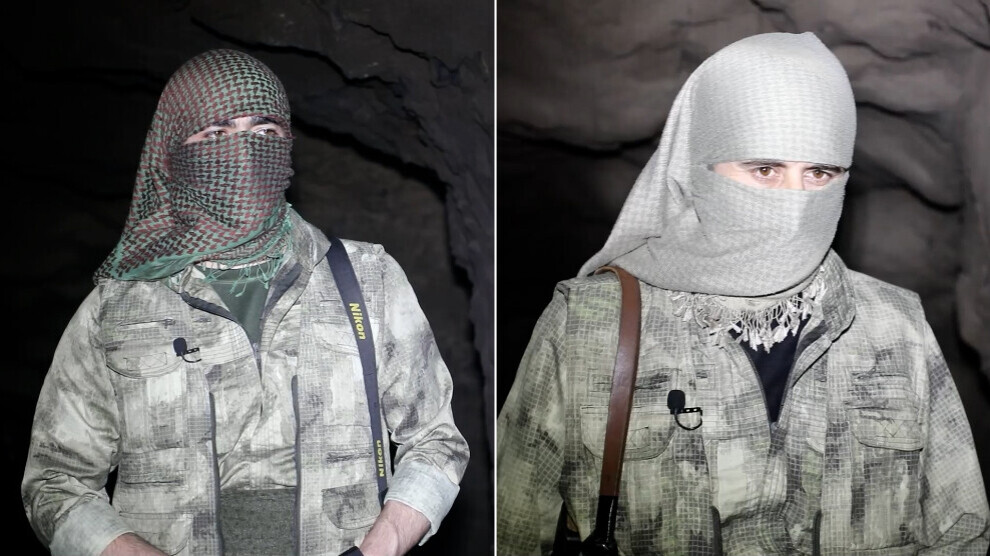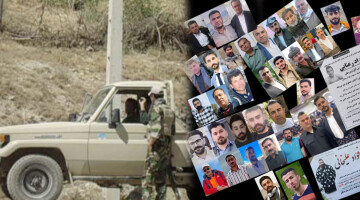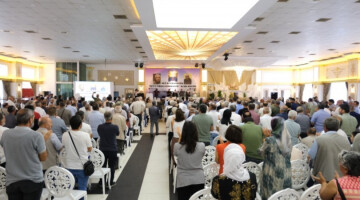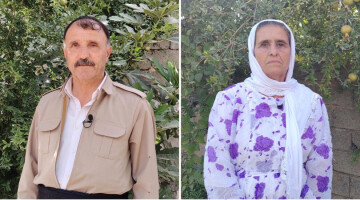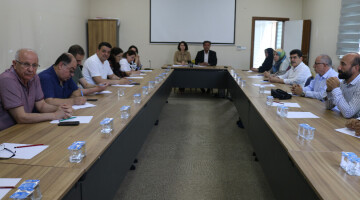On the occasion of the 32nd anniversary of Bêrîtan Hêvî's (Gülnaz Karataş) death, HPG fighters Brusk Şêrawa and Ronî Dêrik explained to ANF how important the martyr guerrilla commander still is in Kurdistan's struggle for freedom today.
Brûsk Şêrawa: Hevala Bêrîtan's resistance has an important place in our struggle. She fought in Xakurke as a Kurdish woman against the enemy and collaborators. Her role and mission in the struggle influenced us greatly. She fought against fascism and genocide with great spirit of sacrifice. When asked to surrender, she responded with an apoist militant attitude and rejected betrayal.
As her successors, we let Hevala Bêrîtan live on in our struggle and take her resistance as a guide. Our commander Bêrîtan has taken a clear stance against the line of betrayal and represented the line of the apoist militants.
The pioneers of the struggle that we, as Bêrîtan's successors, are currently waging in the mountains of Kurdistan are the fighters of the YJA Star. Our comrades fight in the spirit of Şehîd Bêrîtan and react like her to the call to surrender. Because resistance leads to victory, surrender leads to betrayal. Our struggle in the Kurdish mountains is moving towards great success. Just as Hevala Bêrîtan defeated the traitors in Xakurke, we too will drive the collaborators and traitors from this soil and win the struggle for freedom.
Ronî Dêrik: In 1992, a heroic stance against the betrayal and the occupiers led by Hevala Bêrîtan became clear. As Kurdistan's guerrillas, we are now waging a liberation struggle on the Bêrîtan line. The fact that we have come this far as a movement is thanks to the efforts of Rêber Apo [Abdullah Öcalan] and our martyrs.
Hevala Bêrîtan is an exemplary commander for us with her determination, her willingness to sacrifice, her courage and her cooperative spirit. She loved freedom, and she loved Rêber Apo's thoughts and ideas. Our struggle today in the mountains of Kurdistan is based on the legacy of resistance that she left us. As long as we fight with the spirit of resistance of Bêrîtan, the enemy will never succeed. Background: Bêrîtan and the Southern War
Bêrîtan Hêvî (Gülnaz Karataş)
Bêrîtan Hêvî (Gülnaz Karataş) was born in 1971 in Bongilan (tr. Solhan, Çewlîk/Bingöl province), her family originally came from Dersim. She studied in Istanbul and only found out later that she was Kurdish. In 1990, she joined the PKK movement and was arrested. After her release, she went to the mountains to join the guerrillas.
Bêrîtan was killed on October 25, 1992, in the southern Kurdish region of Xakurke. Surrounded by Peshmerga fighters of the PDK, she refused to surrender. She fought until the last bullet, destroyed her weapon and jumped to her death from a cliff to avoid being taken prisoner. Since then, her action has been seen as an example of determination against betrayal and as the trigger for the autonomous organization of Kurdish women within the PKK. After her death, at the suggestion of Abdullah Öcalan, the first steps were taken to establish an autonomous women's army.
The fighting at that time went down in Kurdistan's history as the Southern War. Two days after the first attack by the KDP Peshmerga on the PKK guerrillas in Xakurke, the Kurdistan Autonomous Region was proclaimed in Iraq on October 4, 1992. When regional and global actors, above all the Turkish state, gave the green light to the federal system, the southern Kurdish parties YNK and KDP demanded in return that they join forces to fight against the PKK. As a result, the Peshmerga went to war alongside the Turkish army against the PKK guerrillas. The aim at that time was to push the guerrillas out of the Heftanîn, Zap and Xakurke regions in particular. The parallels between betrayal and resistance are a recurring phenomenon in the history of Kurdistan.

